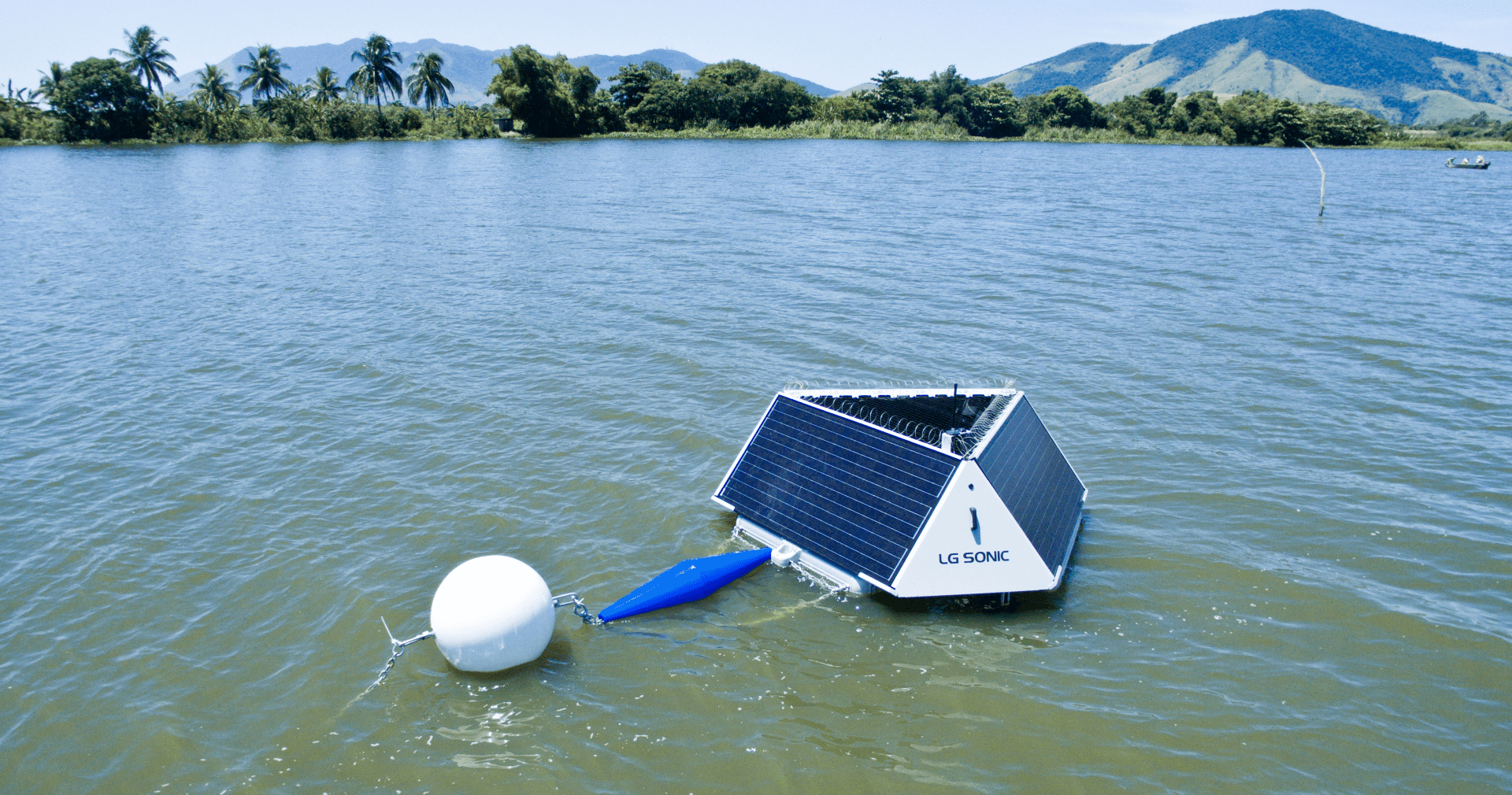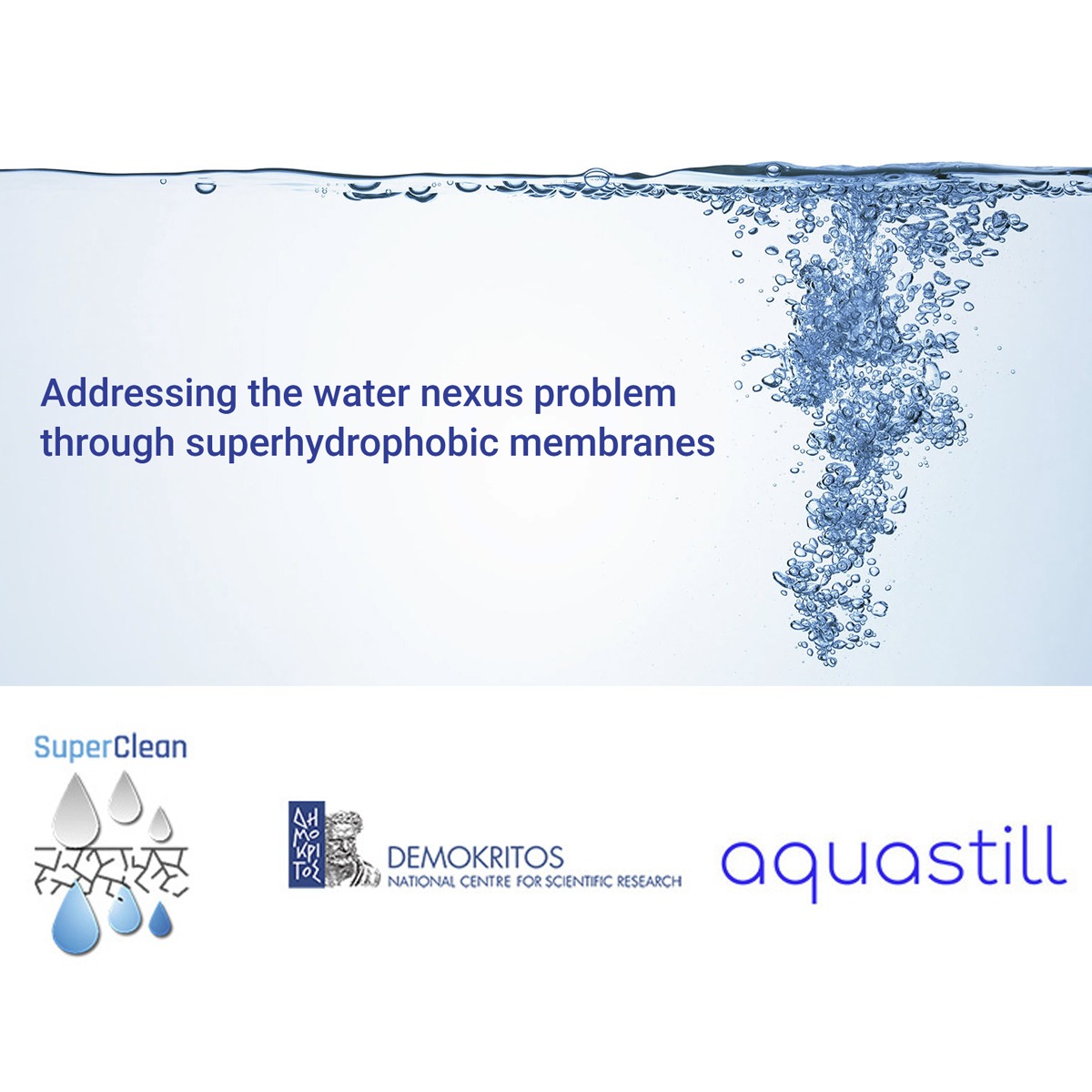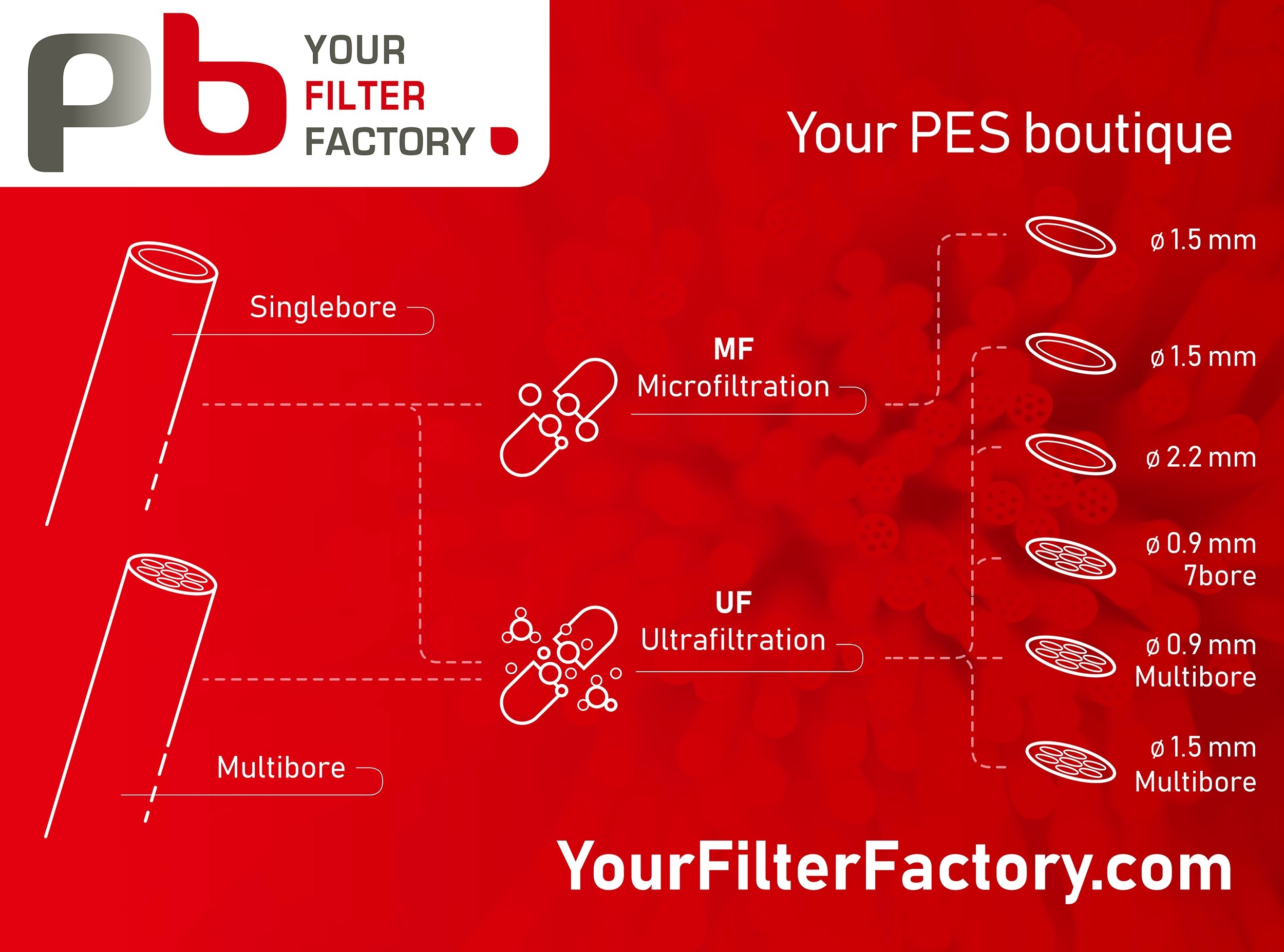The water distribution system of the state of Rio de Janeiro, Companhia Estadual de Águas e Esgotos (CEDAE), installed eight LG Sonic buoys in the Guandu River in March 2022. Daniel Okumura, CEDAE’s Sanitation Director, shared the first results five months after the installation of the ultrasonic algae treatment.
Stop and smell the Geosmin
For two summers, CEDAE customers reported an earthy taste and odor when drinking water from the state-owned company’s tap. Since 2021, CEDAE has invested in new technology to combat Geosmin problems in the Guandu River, which serves as the primary source of drinking water for more than 10 million people in Rio de Janeiro.
The IoT stops algae blooms
LG Sonic MPC-Buoy is one of the key technologies used. A long-term solution for reducing algae growth by emitting ultrasonic sound waves into the water, preventing algae from accessing sunlight and nutrients by fixing them in the water column. In a recent interview with Globo Extra, CEDAE President Leonardo Soares stated that “the Dutch buoys [MPC] have been efficient in fighting Geosmin” at the Guandu Water Treatment Plant.
The MPC-Buoy is able to effectively treat algae with ultrasound due to its data-driven design. The buoys communicate with one another via the Internet of Things (IoT). They have sensors that detect chlorophyll, temperature, and oxygen levels in the water. They produce reports and deliver them to our phones. This enables us to monitor water characteristics in near real- time. “Leonardo continues.
Straight to the money
Calculations made by CEDAE’s Sanitation Director, Daniel Okumura, show that the new technologies have helped save more than €29 million in chemical treatments since 2020. That calculation compared the investment made in the most recent measures with the cost of the actions initially adopted in 2020, such as the application of activated charcoal, which will guarantee the company an annual savings of R$165 million in chemicals. Most of the financial savings – about 90% – are achieved by reducing the use of activated carbon. Additionally, the use of chlorine was reduced by 27% and aluminum sulfate by 5%.
“The new and future measures have reduced and will further reduce operating costs, ensuring Geosmin problem free during the summers, as the last one was, and as the next one will be,” Daniel Okumura explained in a press release recently posted on CEDAE’s website.
Marineuza Marques, Director of LG Sonic Brazil, said: “We are proud of the positive feedback we received from the President and Sanitation Director of CEDAE. Maybe soon we will deploy another system at the reservoir. The newly launched phosphate sensor is the system that can be a perfect addition to the water body to keep the water quality improving. “
Source: LG Sonic




